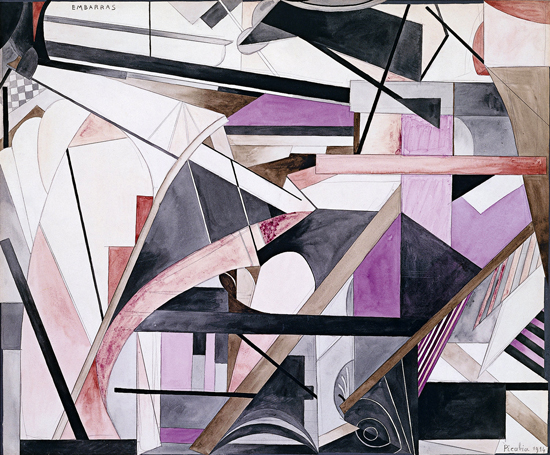Philosophy of Thermodynamics Instructor: Joel White Date & Time: January 13th, 20th, 27th, February 3rd 09:00-11:30 ET

DESCRIPTION: Given the current climate crisis and its connection to energy extraction and consumption, philosophical reflections on scientific concepts such as energy, entropy, and information—each originating from the interrelated fields of thermodynamics, statistical mechanics, and information theory—have assumed increasing theoretical and practical importance. Bernard Stiegler, for instance, coined the term “Entropocene” and dedicated a significant portion of his final writings considering how our current situation might very well be caused by an acceleration in the production of entropy at all levels, from the physical and biological to the psychical. If Stiegler’s evaluation of the current situation is accurate, it is crucial that we research the history of these related disciplines’ philosophical reception to grasp the current predicament’s underlying causes and respond to it with prudence. This Seminar provides a succinct but thorough overview of the main philosophical currents that have turned to the study of thermodynamics, from the earliest reflections by neo-Kantians like Hermann von Helmholtz, Friedrich Lange, and Friedrich Nietzsche to the slightly later French reception by Henri Bergson and less well-known individuals like French epistemologists Pierre Duhem, Emile Meyerson and André Lalande. The Seminar will also cross the so-called disciplinary divide, discussing the mid-century Analytical accounts by philosophers such as Hans Reichenbach and Carnap and more recent work by Lawrence Sklar and David Z. Albert. Finally, it will summarize the present debates centered around figures such as Simondon, Stengers, and Stiegler. The scientific themes covered and the philosophical problems broached will include the direction and shape of time, the metabolic and energetic conditions of life, work, and society, the relation between entropy, information, complexity, and probability, the philosophical or metaphysical foundations of these related sciences as well as more speculative cosmological topics such as the beginning and end of the universe.
Session 1-Early Philosophical Reception of Thermodynamics: This first Session will give an overview of the science of thermodynamics, define the “classical” notions of energy and entropy (first and second law), as well as look at three early philosophical reflections: Lange’s, Nietzsche’s, and Marx and Engels’.
Session 2-French Epistemology and Post-War Philosophy: From Duhem to Simondon: We will look at the particularly French reception of classical thermodynamics, including several rather obscure figures who were themselves highly influential for Bergson’s reflections on entropy and life, Duhem and Lalande. The Session will finish with an overview of some of Simondon’s writings on energy and entropy taken from his work on Individuation.
Session 3-Statistical Mechanics and the Analytic Reception: Although remaining chronological, we will change tack to engage with the analytical response to statistical mechanics, which itself can be understood as the first major paradigm shift in thermodynamics, one that moved from a macroscopic understanding of energy and entropy to a microscopic probabilistic view. This Session will define the major differences between classical and statistical thermodynamics while looking at problems such as the law-like nature of entropy, chance, and the direction of time as well as foundational problems like science’s requirement for theoretical reduction.
Session 4-Contemporary Debates: For many, the last Session will return to familiar ground and look at three contemporary authors: Stengers, Brassier, and Stiegler. The idea is that now having read the wider reception of thermodynamics by differentiating schools of thought from the 19th and 20th Century, it will now be possible to compare and analyze their claims and positions vis-a-vis energy, entropy, and information.
IMAGE: Francis Picabia, Predicament, 1914
To see The New Centre Refund Policy CLICK HERE.
To see The New Centre Refund Policy CLICK HERE.